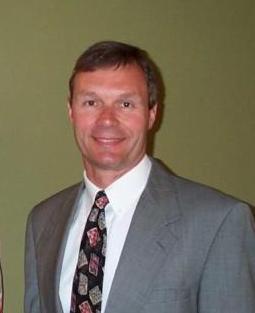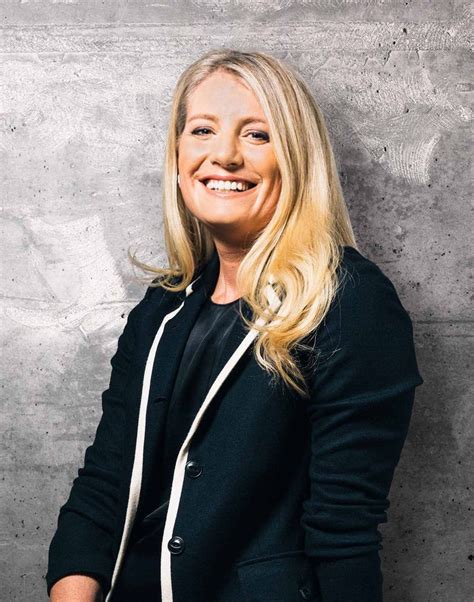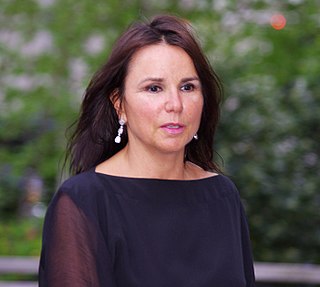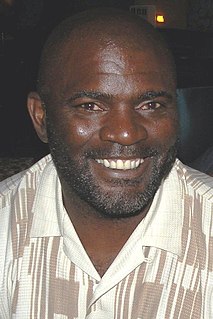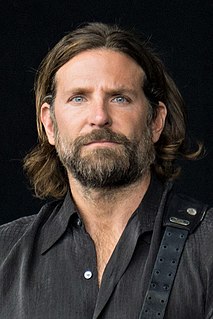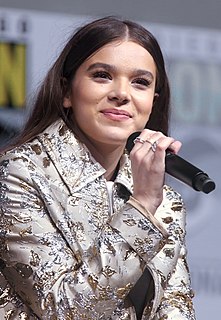A Quote by Judy Greer
I feel like everything does happen for a reason, and I can totally look back on my career and the decisions I've made and how it sort of worked itself out.
Related Quotes
Who can really say how decisions are made, how emotions change, how ideas arise? We talk about inspiration; about a bolt of lightnng from a clear sky, but perhaps everything is just as simple and just as infinitely complex as the processes that make a particular leaf fall at a particularmoment. That point has been reached, that's all. It has to happen, and it does happen.
I have a few things that I have written over the years that haven't been made, but I sort of feel like there was a good reason why they were not made. So I am not anxious to go back and fix them. I don't have something in the desk drawer that I think, "The time is right now. If I just do this, it'll be great." It is kind of out of sight and out of mind. I am thinking ahead rather than back.
Now that I'm almost forty, I look back at some of the decisions I made when I was younger - decisions that I thought of as courageous, or generous, or otherwise befitting a writer; befitting someone who had taken it as their life's goal to understand the human condition - and I wish I could go back in time and be like, "Hey, you don't actually have to do that - you're allowed to look out for yourself a little bit."
I feel like we're so limited by the context at which we look at life. The way we look at who we're supposed to be and how we're supposed to love... everything. I feel like that, in and of itself, is a project of a lifetime: the problem of how to break out of the limiting context that is imposed upon us by the educational system, by the church, by our parents... As a kid I rejected it without even thinking about it. Now that I'm a little older, I see how deeply destructive it really is.
A career is measured over the course of the years, not moments. Over good decisions, over successes, not moments, failures, missteps, or bad comments. I learned that I needed to take a step back and look at my career not in that one moment that made me feel really bad, but what I had done not even in the past one or two years or last one or two hires, but that that career is built over many, many, many, many successive quarters and years and good decisions - never, ever made in that one moment where you felt really bad.
When you look back on a historical period of music, it seems so obvious to you what the characteristics of it are, but they're not obvious at the time. So, when I look back at my own work, I could easily write a very convincing sort of account of it that made it look like I had planned it all out from day one and that this led logically to that and then I did this and then that followed quite naturally from that. But that's not how it felt.
I feel like it's so, sort of representative of a generation. I mean everything that they talk about in the books are things that I get. Even like a lot of the Canadian references because I've worked in Canada a lot, so I totally know Sloan and I know, you know, all this stuff, and meeting Chris Murphy was really cool, and yeah, everything.
It's odd to look out there and see a bunch of Mini-Mes," says Williams. "You're wondering what possessed them to do such a thing . . . It sort of does a reverse psychology on you. You'd think you'd be like `Hey, all these people want to look like me. I feel pretty cool.' But actually it makes you feel more self aware and I'm not really fond of that.

